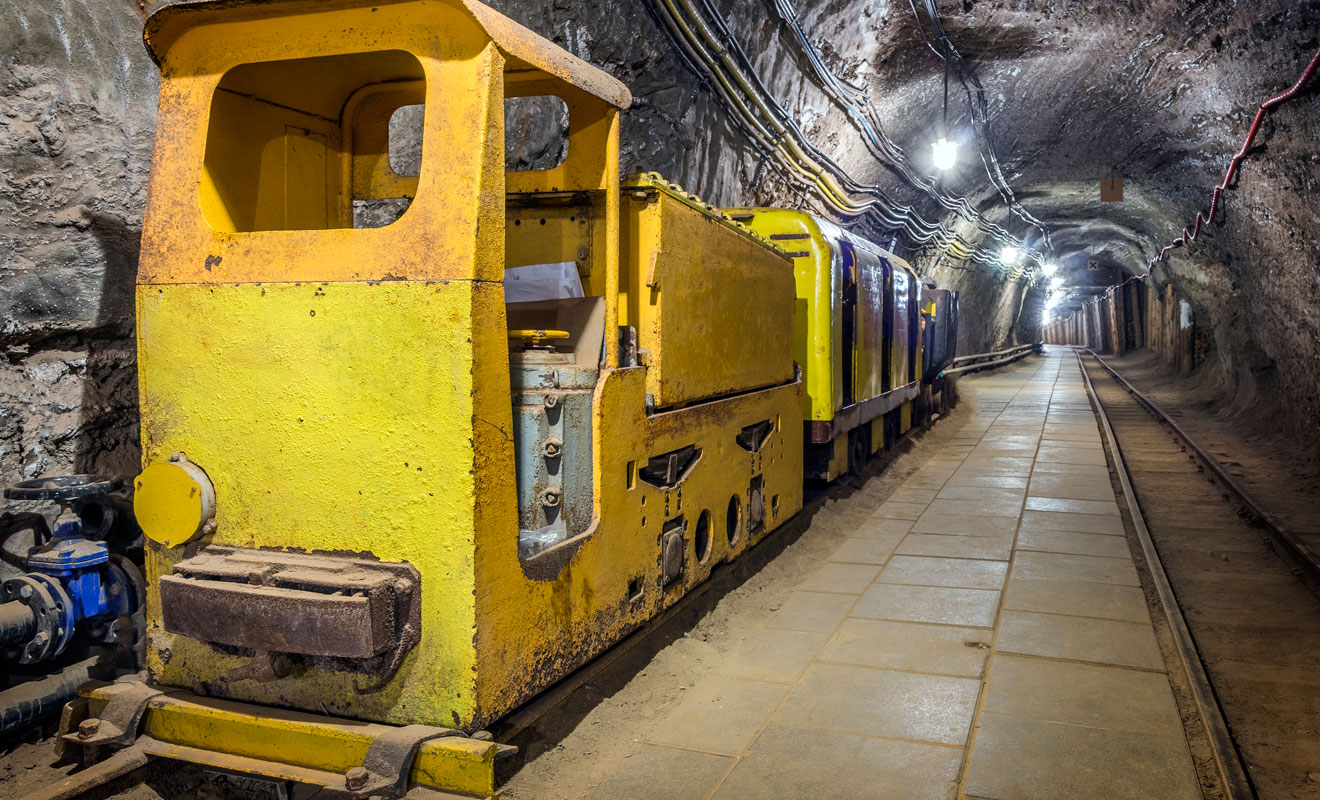Working underground in coal mines is a highly dangerous job that involves many potential safety hazards. Understanding and preventing these hidden dangers is crucial for ensuring the safety of miners and the smooth production of coal mines.
1、 Gas explosion
Gas explosion is one of the serious safety hazards underground in coal mines. Gas is a combustible gas released during the mining process of coal seams, mainly composed of methane. When the methane concentration in the air reaches 5% -16%, it is highly likely to cause an explosion when exposed to a fire source.
Preventive measures:
Ventilation system: Establish a comprehensive ventilation system to ensure air circulation underground and timely removal of gas.
Gas monitoring: Install gas monitoring equipment to monitor gas concentration in real time and issue timely warnings when it exceeds the standard.
Strict management: Develop and strictly implement gas management regulations, prohibit open flame operations, regularly inspect electrical equipment, and prevent sparks from being generated.

2、 Coal dust explosion
Coal dust explosion is another common disaster underground in coal mines. During the mining, transportation, and crushing processes of coal, a large amount of coal dust is generated. When the concentration of coal dust reaches the lower explosive limit and there is oxygen in the air, encountering a fire source may cause an explosion.
Preventive measures:
Dust control: adopt wet operation method to reduce dust generation, and install spray dust suppression equipment.
Dust monitoring: Regularly monitor dust concentration to ensure it is within a safe range.
Cleaning system: Establish a cleaning system to regularly clean up underground dust and prevent coal dust accumulation.
3、 Roof accident
Roof accidents refer to accidents in which the rock or coal layers at the top of underground mining faces or tunnels collapse, resulting in casualties and equipment damage. Roof accidents usually occur in complex geological conditions, inadequate support, or improper operation.
Preventive measures:
Geological survey: Conduct a detailed geological survey before mining to understand the condition of the roof strata.
Support management: Develop a scientific support plan, use appropriate support materials and methods, and ensure the stability of the roof.
Safety training: Provide roof accident prevention and emergency response training to miners to enhance their safety awareness and emergency response capabilities.
4、 Fire
Coal mine fires are often caused by electrical equipment failures, gas explosions, or coal spontaneous combustion. Fire not only directly causes casualties and equipment damage, but may also trigger secondary disasters such as gas explosions and toxic gas releases.
Preventive measures:
Electrical management: Strictly manage underground electrical equipment, conduct regular maintenance, and prevent faults such as short circuits and overloads.
Fire prevention measures: Set up fire isolation zones underground and store fire-fighting equipment.
Prevention of spontaneous combustion: Strengthen monitoring of coal spontaneous combustion and promptly address potential hazards.
5、 Underground flood
Underground flood refers to an accident in which groundwater, surface water, or working face water sources leak into the underground work area, causing flooding of tunnels, working faces, or even the entire mine. Floods not only affect production, but may also lead to personnel being trapped and equipment being damaged.
Preventive measures:
Hydrological survey: Conduct a detailed hydrogeological survey before mining to understand the groundwater situation.
Drainage system: Establish a comprehensive drainage system to ensure timely removal of accumulated water underground.
Monitoring and warning: Install water level monitoring equipment to monitor underground water conditions in real time and provide timely warnings.
6、 Mechanical injury
A large number of mechanical equipment are used in underground operations, such as coal mining machines, tunneling machines, transport planes, etc. Mechanical injury accidents are often caused by equipment failure, improper operation, or inadequate safety protection.
Preventive measures:
Equipment maintenance: Regularly inspect and maintain mechanical equipment to ensure its good operation.
Operating standards: Develop and strictly implement equipment operating standards to avoid illegal operations.
Safety protection: Equip operators with necessary safety protection equipment, such as safety helmets, safety shoes, etc.
There are various safety hazards in underground coal mining operations, including gas explosions, coal dust explosions, roof accidents, fires, underground floods, and mechanical injuries. In order to ensure the safety of miners and the normal production of coal mines, it is necessary to strictly implement various safety management measures, strengthen safety training and supervision inspections. Only in this way can we effectively prevent safety accidents and ensure the safety and efficiency of coal mine production.







Comment